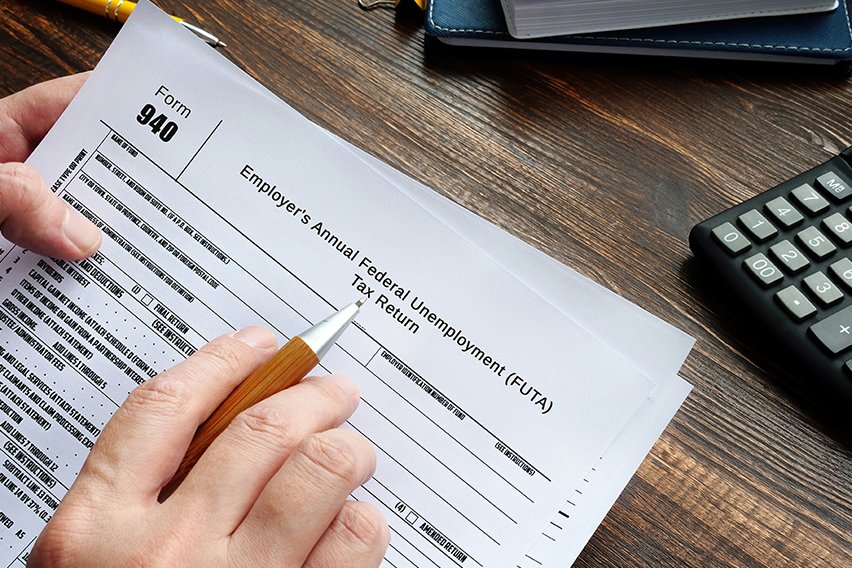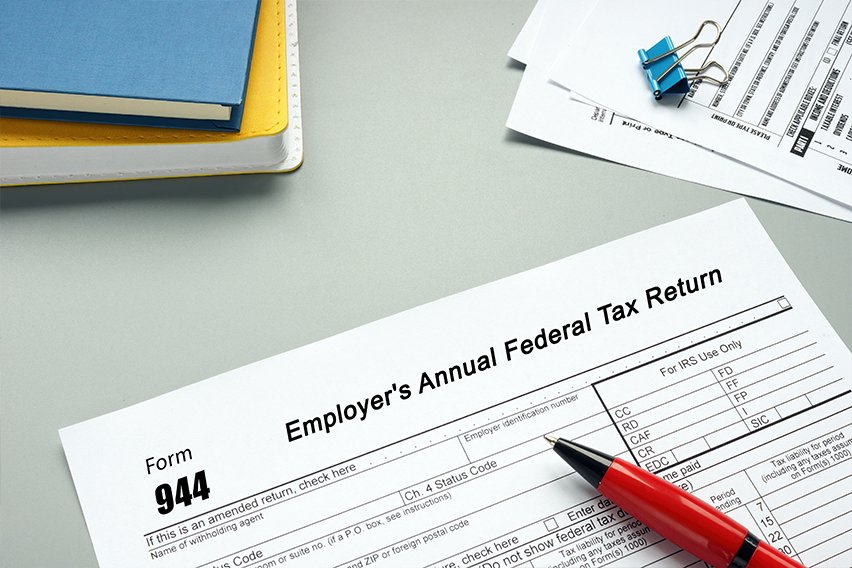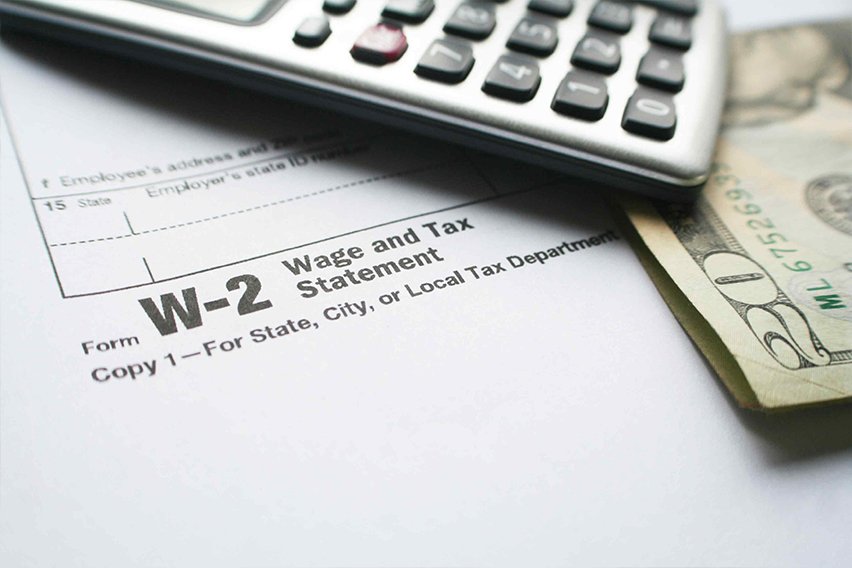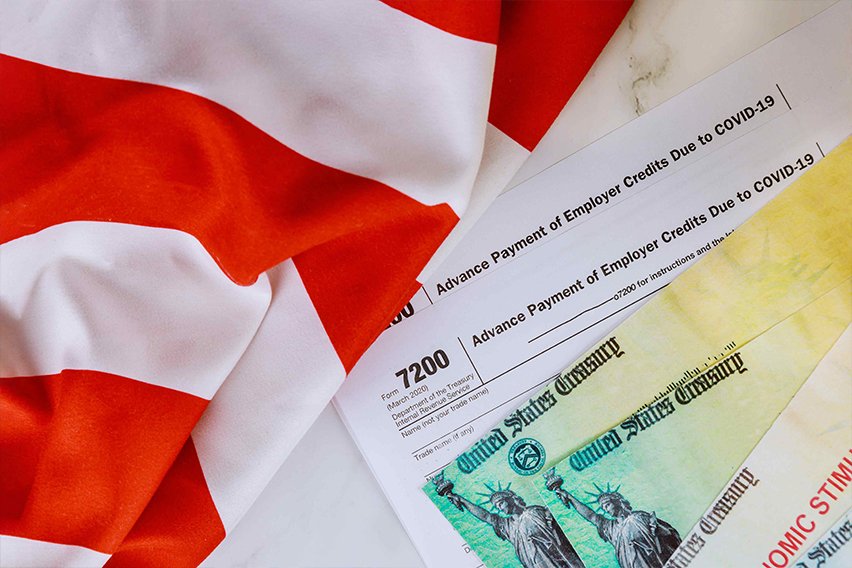Small Business Tax Forms: The Complete List

Business taxes are an integral part of life for small business owners, entrepreneurs, freelancers, and leaders in corporate finance.
Since a self-employed individual is most likely to handle tax obligations on their own (or with the help of a certified accountant), it’s especially important to understand which tax documents are required.
This post will list the top tax forms that a business owner should consider when preparing tax information. For each item in the list, keep in mind that it’s important to maintain this information throughout the year, rather than hurriedly preparing forms at tax-filing time.
Here’s What We’ll Cover:
Business Tax Documents Relating to Employees
Business Tax Documents to Send
More Small Business Tax Resources
Business Tax Documents Relating to Employees
Business owners must have a working knowledge of which tax and IRS forms are necessary when hiring employees. While some small businesses operate as sole proprietorships, other business owners should provide tax notice to those they employ.

Form 1099
IRS 1099 form is used to report miscellaneous income. It comes in two variations: 1099-MISC and 1099-NEC. This form is most likely to be used by freelancers who receive completed versions from individual clients.
If you work with any independent contractors, and if you pay them more than $600 over the course of a single year, you should issue a 1099 to each person respectively. To learn more about the 1099 form and the filing process, follow our guide titled How to File a 1099.
Form W-4
Form W-4 is known as the Employee’s Withholding Certificate. This form is used by employed individuals to state personal information, employment status, dependents, and tax adjustments (including extra withholding per paycheck).
If you hire someone on a full-time basis, always collect this form. A completed W-4 is vital for ensuring the appropriate payroll tax amounts.
Form W-9
Form W-9 is the Request for Taxpayer Identification Number and Certification. Whether your business hires independent contractors, freelancers, or full-time employees, this form shows that those individuals are legally eligible to work in the United States. If you want to learn more about the W-9 form and the process of filling it out, check out our post on how to fill out a W-9 form.
Business Tax Documents to Send
Business owners are also required to send or issue certain documents throughout a given tax year. While some of these forms are sent to employed individuals, others are due directly to the IRS. Expect to prepare and file these documents before you complete your annual tax return.
W-2 Form
Form W-2 is the Wage and Tax Statement that employers distribute to employees. This form has important information about full-time and part-time employees’ compensation, income taxes, Social Security taxes, Medicare taxes, and non-taxable income.
Businesses are required to distribute this form to everyone on payroll by January 31 of the following tax year.
Form 1040
Form 1040 is the standard Individual Income Tax Return. This form is the most basic choice if you want to:
- Set your filing status (single, married filing jointly, head of household)
- Report income
- Claim a standard deduction
- Report dependents
- Calculate a refund or amount owed
While some business owners may use this form to report yearly income, there are often several more itemized details that go beyond the scope of this basic version. As a result, 1040 tax form has several addendums.
Form 1040-SR Schedule C
Schedule C is the Profit or Loss from Business, and it applies to sole proprietorships. This form should be completed in tandem with a standard 1040 form. Schedule C states information that helps the IRS determine your overall tax burden. It also assists with finding write-offs that reduce the amount you owe.
Form 1065
Form 1065 is the U.S. Return of Partnership Income and should only be used by businesses set up as legal partnerships. According to the IRS, partnerships don’t pay tax on their own, but instead, pass profits and losses to partners. This form provides a holistic picture of the financial activities in a given year and is important for maintaining transparency.
Form 1120, U.S. Corporation Income Tax Return
Form 1120 is the U.S. Corporation Income Tax Return. This form is required when a business is set up legally as a domestic corporation, which often applies to larger businesses. The steps in the form are designed to prove and state corporate income tax liability.

Conclusion
Although many business owners get overwhelmed by preparing tax paperwork and reporting corporate income publicly, having a good grasp of the required documents can help.
While not an exhaustive list, this guide provides a starting point for business owners who want to stay organized throughout the year. Always consult a certified tax professional for questions relating to specific or unique aspects of your company’s finances.
More Small Business Tax Resources
- What Forms Do I Need to File Taxes?
- Small Business Income Taxes
- Are My Business Tax Returns Public? Advice for Small Businesses
RELATED ARTICLES

 What is Form 940?
What is Form 940? What Is a 944 Form?
What Is a 944 Form? 7 Best Sales Tax Software For 2025
7 Best Sales Tax Software For 2025 Does Overpaid Tax Get Refunded Automatically?
Does Overpaid Tax Get Refunded Automatically? Form W-2 Box 1: A Complete Guide
Form W-2 Box 1: A Complete Guide IRS Form 7200: A Detailed Explanation Guide
IRS Form 7200: A Detailed Explanation Guide